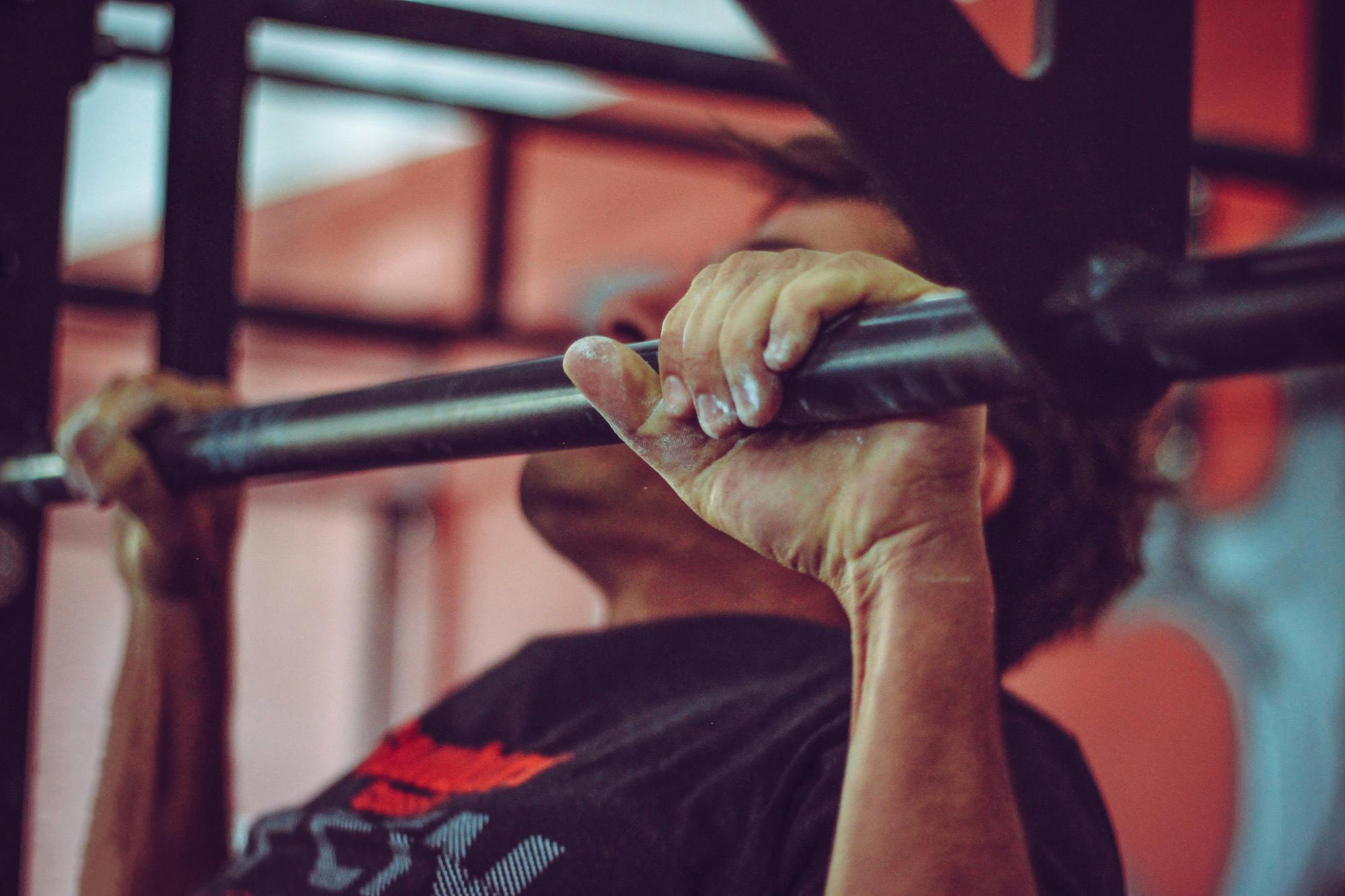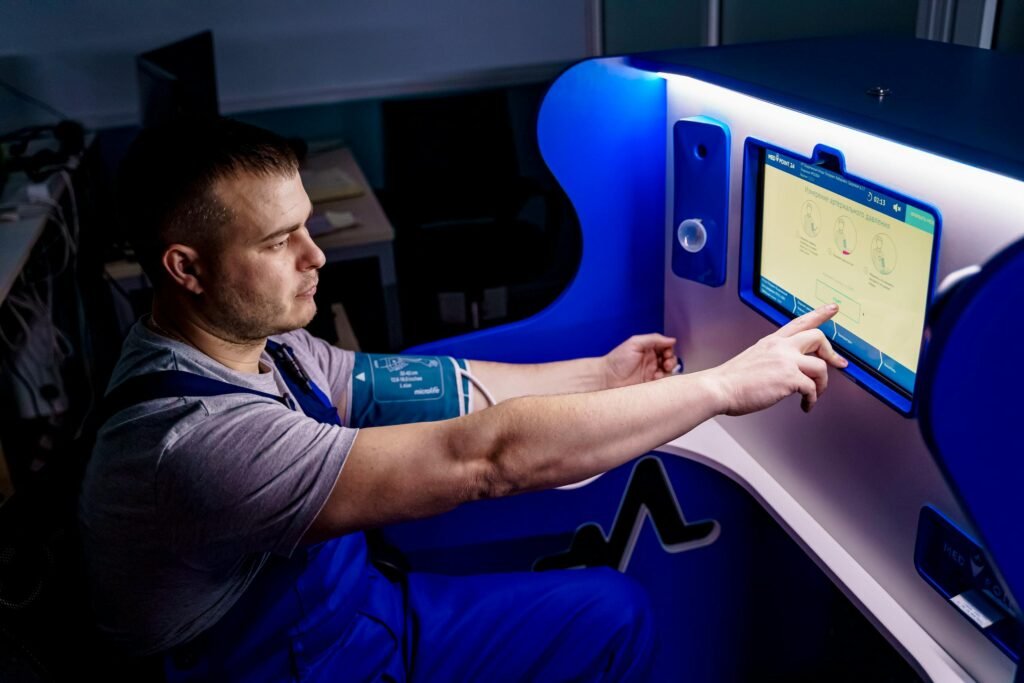Your grip strength is more than just a measure of physical power—it may actually predict your longevity and overall health.
Why Grip Strength Matters
Research consistently shows that grip strength is one of the strongest predictors of longevity, cardiovascular health, and overall functional ability. A landmark study published in the BMJ found that reduced handgrip strength was associated with a higher risk of heart disease, stroke, and premature death—even more predictive than blood pressure in some cases.
But why is grip strength so powerful? Because it’s a simple reflection of overall muscle quality, neuromuscular health, and resilience as we age.

The Science: Grip Strength & Longevity
- Mortality Predictor: Studies show a 20–30% higher risk of death in people with weaker grips.
- Heart Health: Lower grip strength is linked to higher cardiovascular disease and metabolic disorders.
- Aging & Independence: Stronger grip correlates with reduced fall risk, better mobility, and higher quality of life in older adults.
- Cognitive Function: Emerging research suggests a strong grip is linked to slower cognitive decline.
Key Takeaway: Grip strength is a “biomarker of aging.” The stronger your grip, the better your chances of staying healthier, longer.
Best Grip Strength Exercises
Unlike isolation moves, these exercises build both raw grip power and total-body strength:
1. Dead Hangs
Why: Builds endurance in your grip and strengthens shoulders.
- Beginner: 20–30 seconds
- Intermediate: 45–60 seconds
- Advanced: Add weight or perform towel hangs
2. Farmer’s Carries
Why: Functional strength for grip, core, and posture.
- Walk 30–60 seconds holding heavy dumbbells, kettlebells, or grocery bags
3. Pull-Ups & Chin-Ups
Why: Train grip, lats, biceps, and core simultaneously.
4. Plate Pinches
Why: Develop crushing grip strength.
5. Wrist Curls & Extensions
Why: Balance grip strength and reduce injury risk.
7-Day Grip Strength Training Plan
Here’s a simple weekly plan you can repeat to build longevity-boosting grip strength:
| Day | Workout |
|---|---|
| Day 1 | Dead Hangs: 3 x 30–60 sec + Pull-ups: 4 x max reps |
| Day 2 | Farmer’s Carries: 5 x 40m + Wrist Curls: 3 x 12 |
| Day 3 | Rest or Light Cardio |
| Day 4 | Plate Pinches: 4 x 20–30 sec + Chin-Ups: 4 x max reps |
| Day 5 | Dead Hangs: 3 x 60 sec + Wrist Extensions: 3 x 12 |
| Day 6 | Farmer’s Carries: 6 x 30m (heavier) + Towel Hangs 3 x 20 sec |
| Day 7 | Active Recovery (yoga, walking, mobility work) |
Minimal Equipment for Grip Training
You don’t need a full gym to build grip strength. Start with these:
- Pull-up bar: A doorway bar works perfectly
- Kettlebells or Dumbbells: Great for carries and holds
- Grip trainers: Affordable and effective for daily use
Additional Benefits of Strong Grip
- Sports performance: Essential for climbing, wrestling, tennis, and combat sports.
- Injury prevention: Strong forearms reduce wrist and elbow injuries.
- Everyday life: Carry groceries, open jars, and move furniture with ease.
Final Thoughts
Grip strength is more than just a test of hand power—it’s a window into your overall health and longevity. By incorporating grip-focused exercises into your training, you’ll not only build muscle and endurance but also support long-term vitality.
Start with simple hangs, carries, and pinches, and within weeks, you’ll notice improvements in strength and daily performance.



